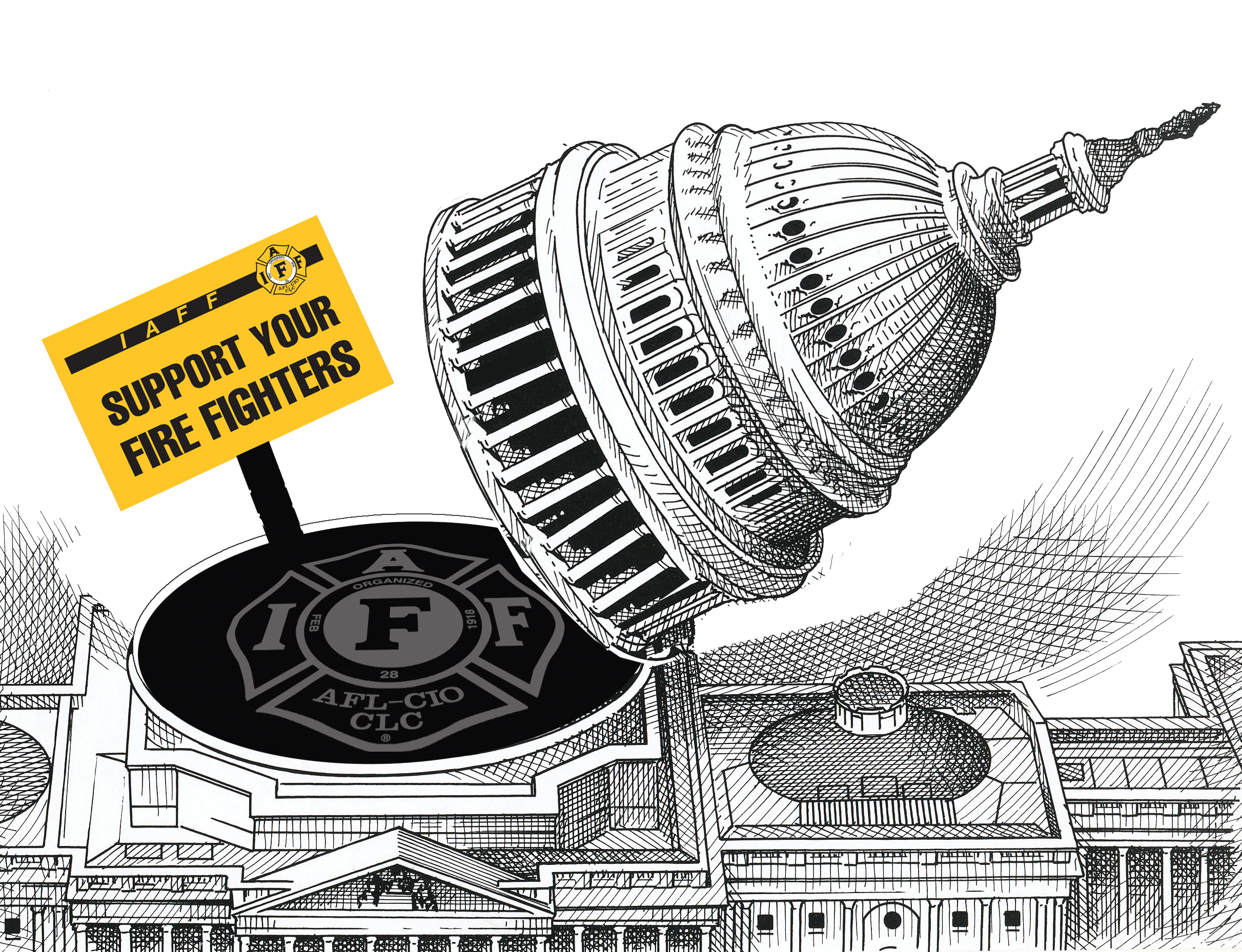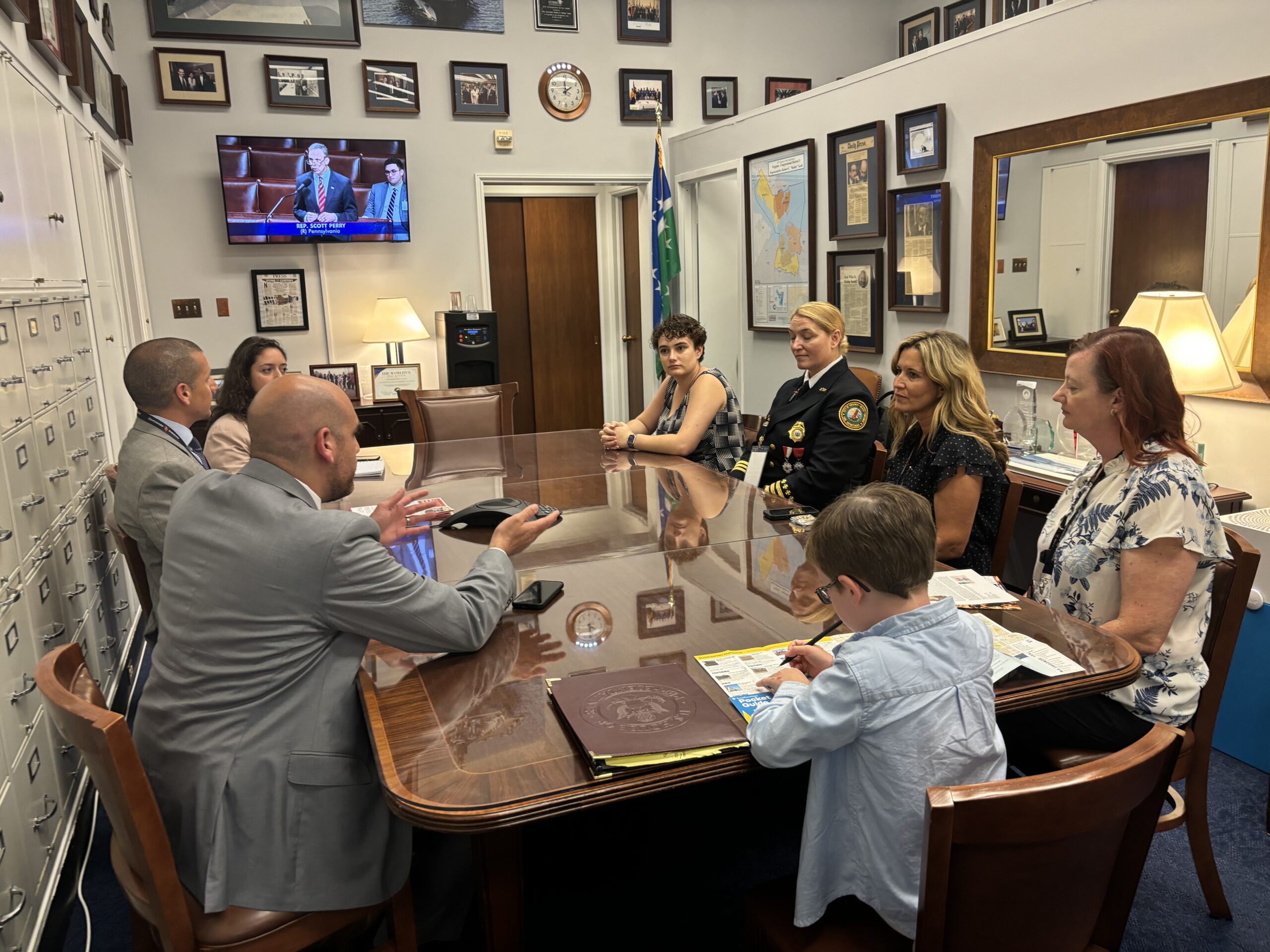Federal fire fighters face a frequently hostile environment on Capitol Hill. In recent years, our federal members have faced attacks on their pensions, bargaining rights and pay — sometimes due to outright hostility toward the federal workforce and sometimes couched as a means to pay for other federal priorities.
“As fire departments across the U.S. move forward with new programs to benefit rank-and-file fire fighters and as states and municipalities recognize the inherent hazards of the job, the federal sector remains decades behind,” says 16th District Vice President Jim Johnson.
For two decades, federal fire fighters have asked and been denied some form of presumptive coverage for cancer and other occupational diseases, despite scientific evidence and the fact that more than 40 states have adopted some form of presumptive coverage for municipal fire fighters.
In addition, federal fighters’ regular work hours total more per week than any other fire fighters in the United States or Canada, with a starting hourly pay rate that is less than the minimum wage in some states.
The IAFF is fighting against numerous ongoing attacks against our federal fire fighters, including efforts to limit or eliminate official time, reduce federal pensions and limit pay and cost-of-living increases.
Meanwhile, the federal bureaucracy leaves little room for avoiding cuts to important emergency services or updating equipment. A battle to move federal fire departments towards fire-based emergency medical services (EMS) has been ongoing for more than a decade, but in many cases, the federal government contracts for private EMS systems even though the costs are substantially higher.
The IAFF continues to fight on Capitol Hill to advance the interests of our federal members. In addition to continuing to advocate for presumptive coverage for occupational illnesses, efforts are underway to ensure federal fire fighters’ pensions are based on the full pay received for their regular tour of duty, and to allow for trade time and to require blood testing for toxic PFAS, as well as numerous other initiatives.



